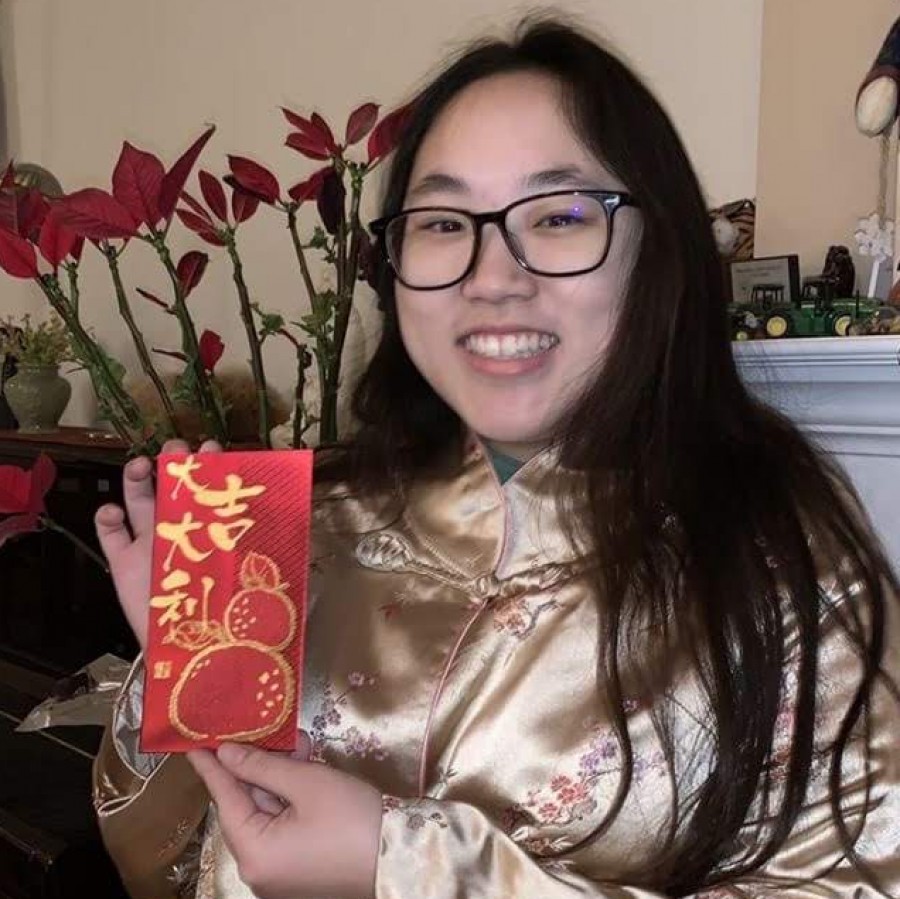Tuesday, February 5 was the Lunar New Year. The holiday, widely celebrated by East Asian countries and cultures, serves as a day devoted to family, food, and increasing one’s fortune.
The Chinese Zodiac calendar assigns animals to each year and the people born during that year. For example, 2019 is the year of the pig, so everyone born during 2019 will be a pig and inherit its mythological traits.
There are twelve zodiac animals: rat, ox, tiger rabbit, dragon, snake, horse, goat, monkey, rooster, dog, and pig. The pig is the last animal in the cycle, so 2020 will mark the beginning of another twelve-year period, starting with the rat.
Food is one of the most important aspects of the Lunar New Year. People in the Asian countries that celebrate often take the day off from work to cook massive feasts for their families. Pounds of beef and pork, whole chickens and fish, pots of dumplings, and huge, dense sweet rice cakes, also known as Nian Gao, traditionally fill the table for one’s entire family to chow down on.
Another one of the Lunar New Year’s most abundant traditions is the distribution of red envelopes. These gifts are usually decorated with extravagant designs or large Chinese words, but the content remains the same: money.
PV sophomore Christina Li reflected upon her family’s Lunar New Year traditions. “My church throws an annual Chinese New Year party and opens it up to the whole community. We make dumplings, get red envelopes, watch a traditional Chinese lion dance, and eat a bunch of food. I like the feeling of togetherness the celebration creates because everyone there has so much energy and shared culture.”
Junior Margaret Huang shared what she loves about the Lunar New Year. “I love it because I get to eat my favorite food, Nian Gao, but what I love most of all is the time I get to spend with my family. It is the most family-centered day of the year, and that makes it really special to me.”
As the Lunar New Year is the most widely celebrated East Asian holiday in America, there is much cultural pride involved in the day. Huang said, “getting to wear my traditional clothing and the red decorations everywhere makes me proud to be Taiwanese.”
As the ways the Lunar New Year is celebrated become more diverse, the principles of the holiday remain the same: it is a day for eating well, celebrating with family, and being proud to be East Asian.









